Home > Politics > The Dangerous Silence: Wike, Sowore’s ...
The Dangerous Silence: Wike, Sowore’s Allegations, and EFCC’s Selective Blindness
By AnchorNews | 27 Sep, 2025 02:22:50pm | 107
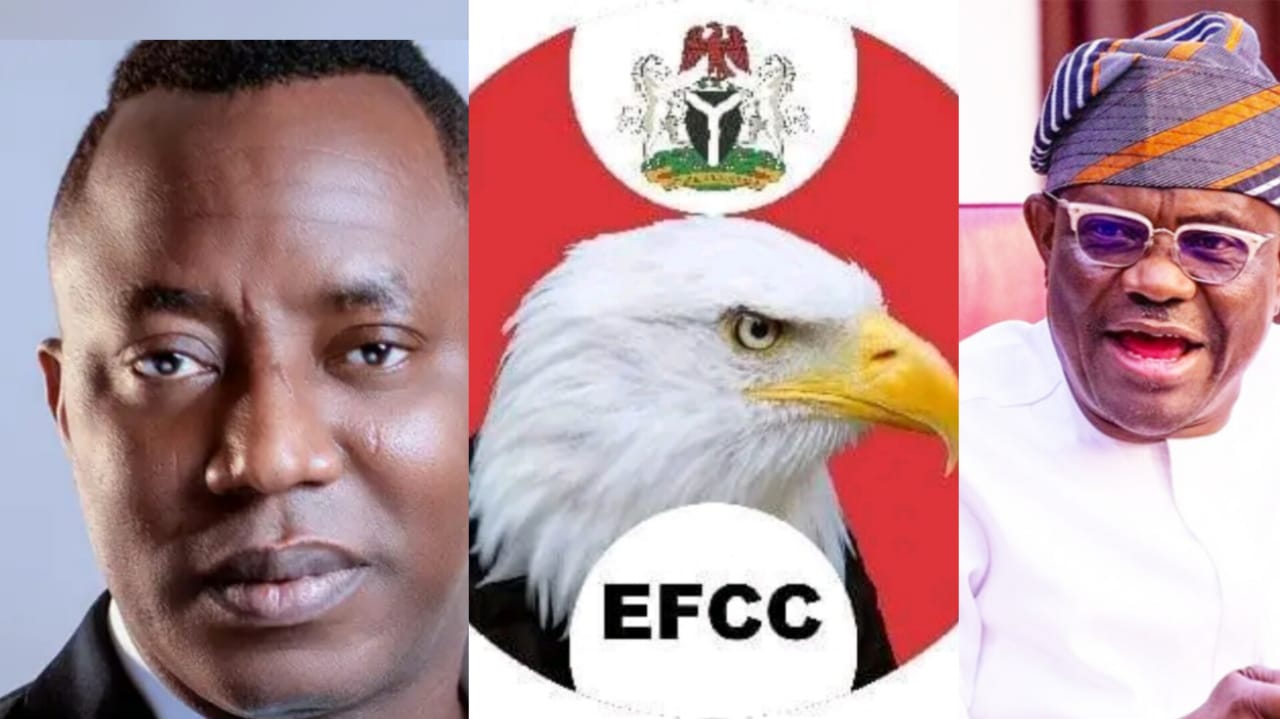
By Sam Ejiofor Ugwoke
In Nigerian politics, allegations of corruption are almost routine. Yet, when such accusations are specific, detailed, and implicate individuals at the highest levels of power, silence becomes a dangerous response. The recent allegations by activist Omoyele Sowore against Nyesom Wike- claiming money laundering to acquire four properties in Florida valued at an estimated $4-5 million, alongside ownership of a hotel and supermarket in Port Harcourt worth approximately ₦1.5-2 billion- raise questions that neither Wike nor the Economic and Financial Crimes Commission (EFCC) seem eager to answer.
For Wike, a former governor, senior lawyer, and now Minister of the Federal Capital Territory, the path to disproving Sowore is straightforward: the courts. A libel or defamation suit would serve as both personal vindication and public reassurance. His continued silence, however, undermines his long-standing image as a fearless and outspoken politician. Why confront opponents head-on in politics, yet remain mute in the face of allegations that strike at the heart of integrity?
Equally perplexing is the EFCC’s muted stance. By mandate, the Commission is empowered to investigate allegations of illicit financial flows, unexplained assets, and money laundering—whether domestic or abroad. Yet, in this case, the EFCC has looked away. The silence is striking, but sadly, not surprising.
Historical precedent underscores this selective approach. Politicians such as Joshua Dariye and Jolly Nyame faced prosecution and imprisonment once out of power. Ayodele Fayose was arrested promptly when his gubernatorial immunity ended. Orji Uzor Kalu faced extensive legal scrutiny post-tenure. In contrast, politically influential figures still aligned with the federal government often experience a conspicuous lack of investigation, suggesting that power and proximity to authority can insulate individuals from accountability. Wike, given his influence in Rivers State and strategic alignment with the federal government, appears to fit this pattern.
The implications are significant. Alleged assets abroad and in Nigeria, if unproven, present an opportunity for Wike to assert transparency through the courts and for EFCC to demonstrate impartiality. Conversely, if the allegations hold weight, silence becomes more than strategy- it is a reflection of the entrenched culture of selective justice, where political loyalty outweighs institutional integrity.
For a democratic society, perception is critical. Silence from both the accused and the enforcement agency fosters distrust, undermines faith in institutions, and signals that public office may be leveraged for personal enrichment without consequence. Nigerians deserve clarity, accountability, and the reassurance that institutions act without fear or favor. Until then, Wike’s silence and the EFCC’s inaction will remain not just a political strategy but a profound challenge to Nigeria’s democratic credibility.
Sam Ejiofor Ugwoke is a Polical Commentator, Civic Advocate & Hydro/Environmental Geoscientist.

Leave a Reply
Your email address will not be published. Required fields are marked *
Category
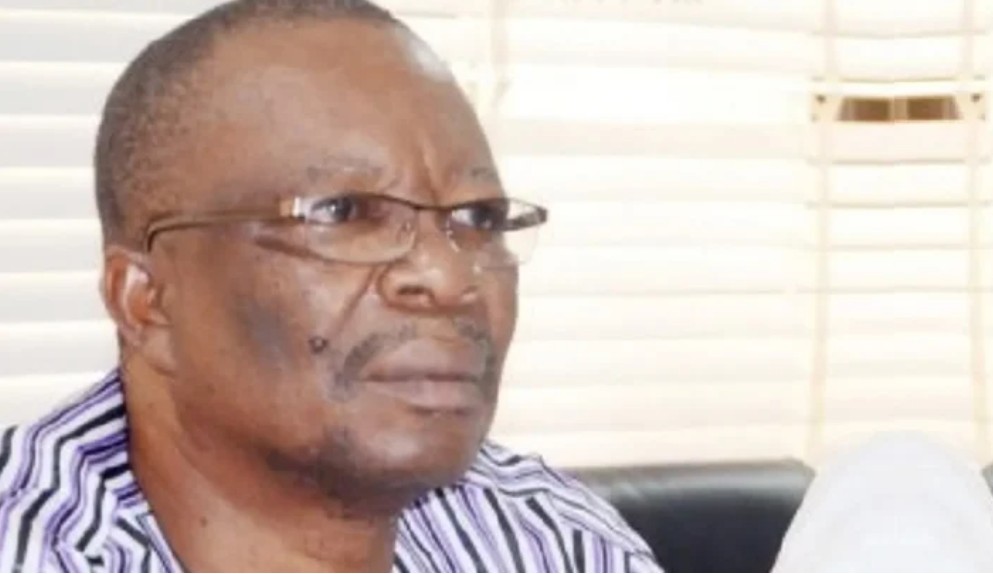 Education
Education 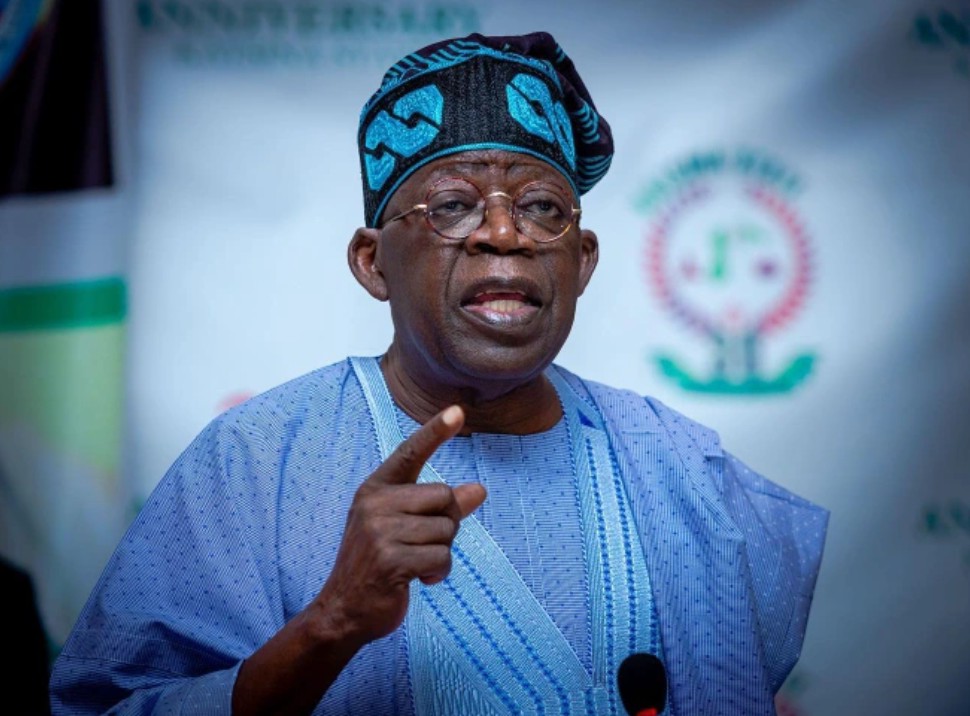 Politics
Politics.jpeg) Interviews
Interviews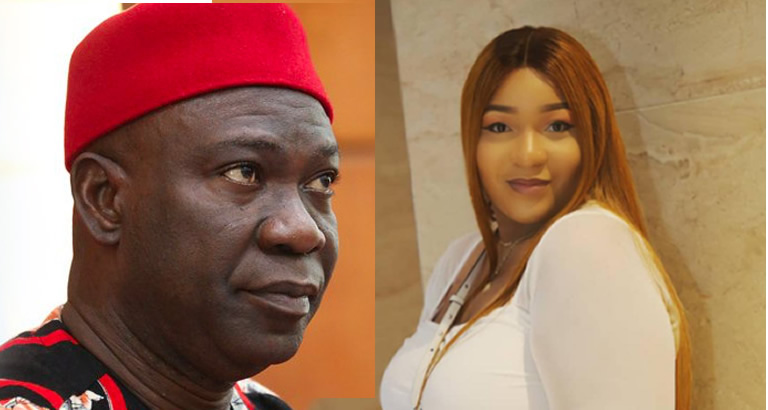 Health
Health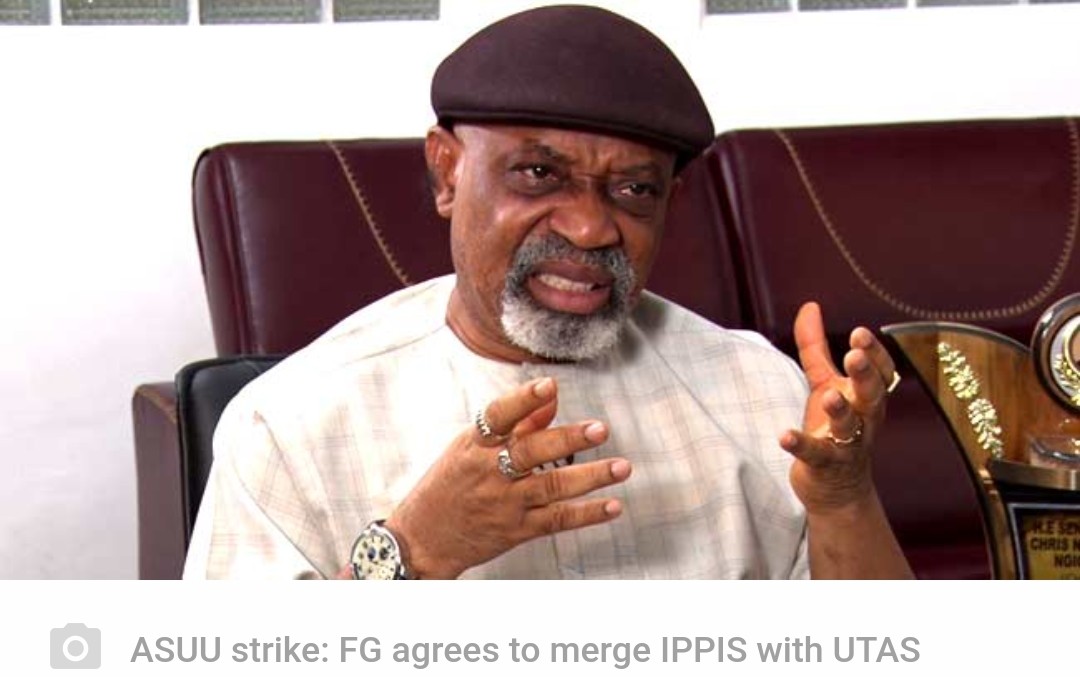 News
News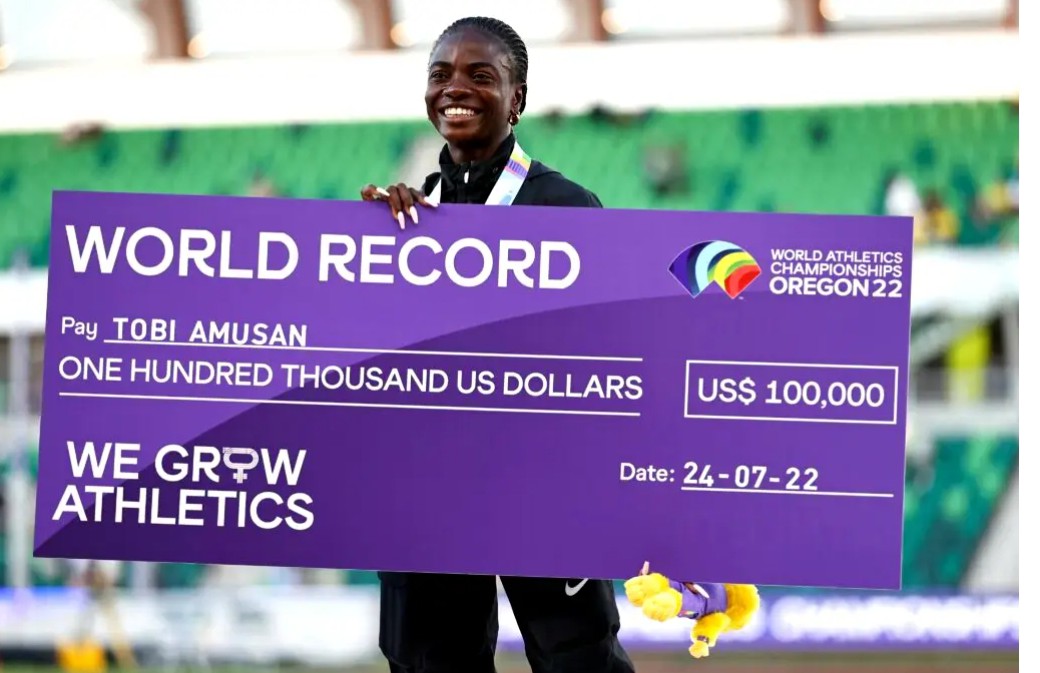 Sports
Sports 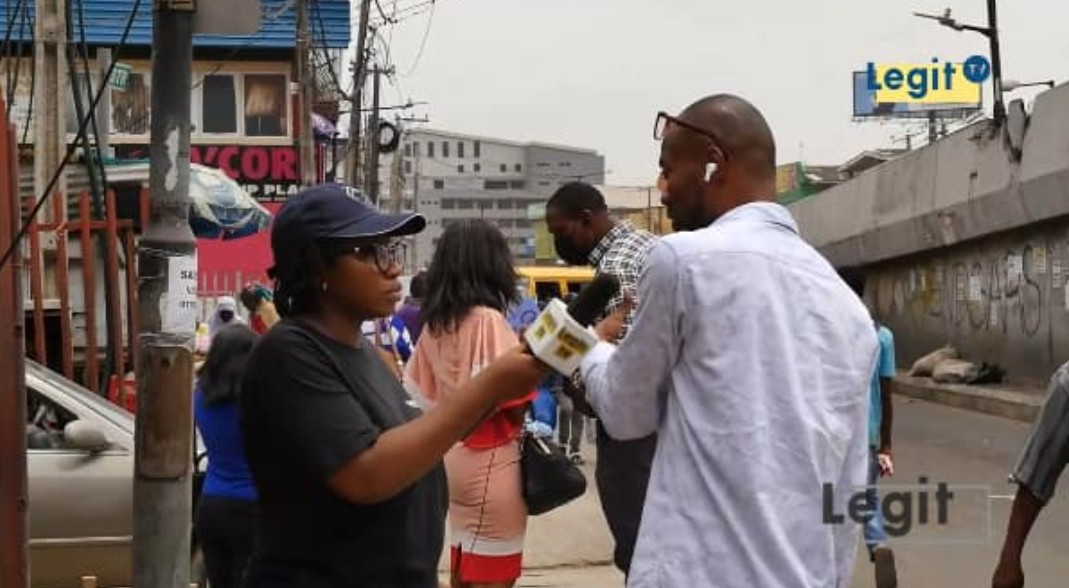 Business & Economy
Business & Economy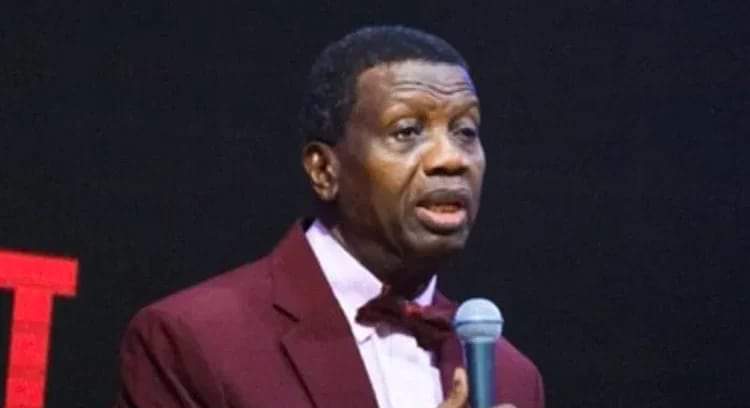 Religion
Religion 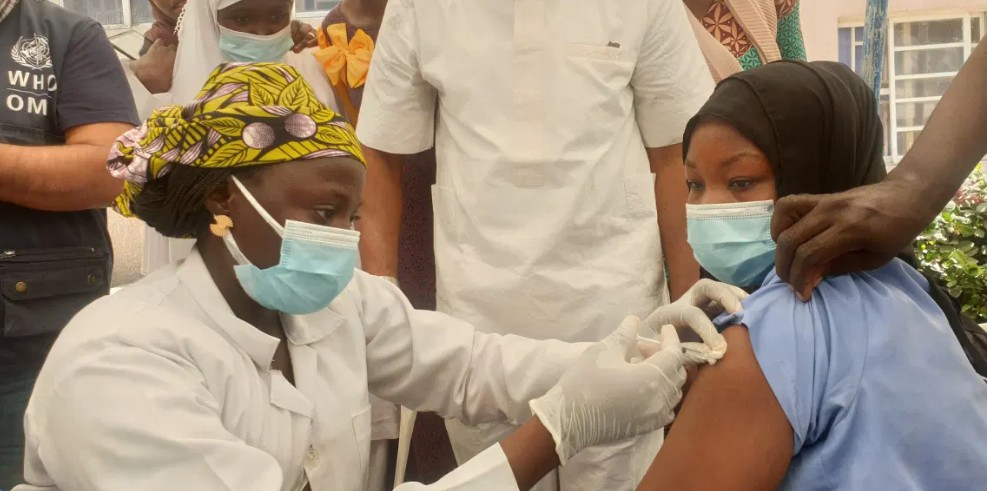 Entertainment
Entertainment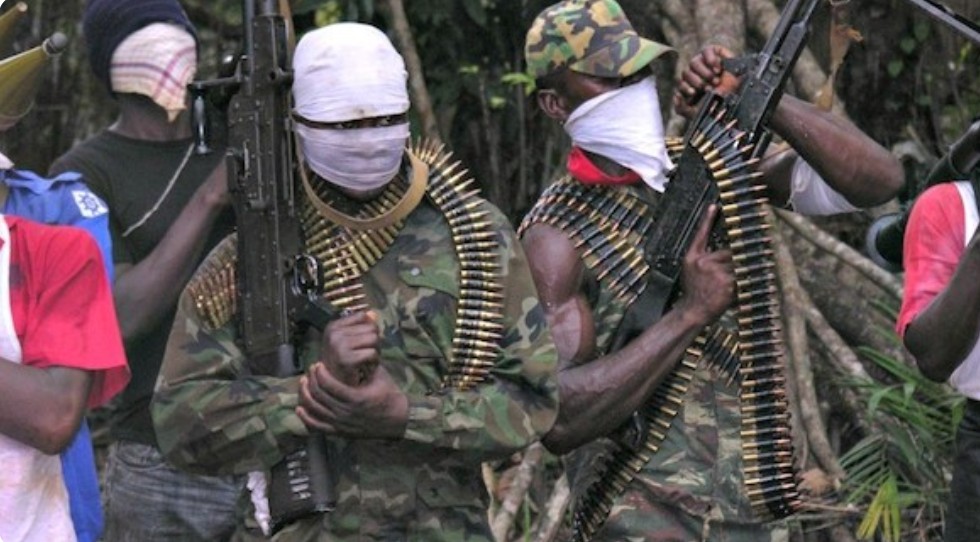 Crime & Security
Crime & Security Technology
Technology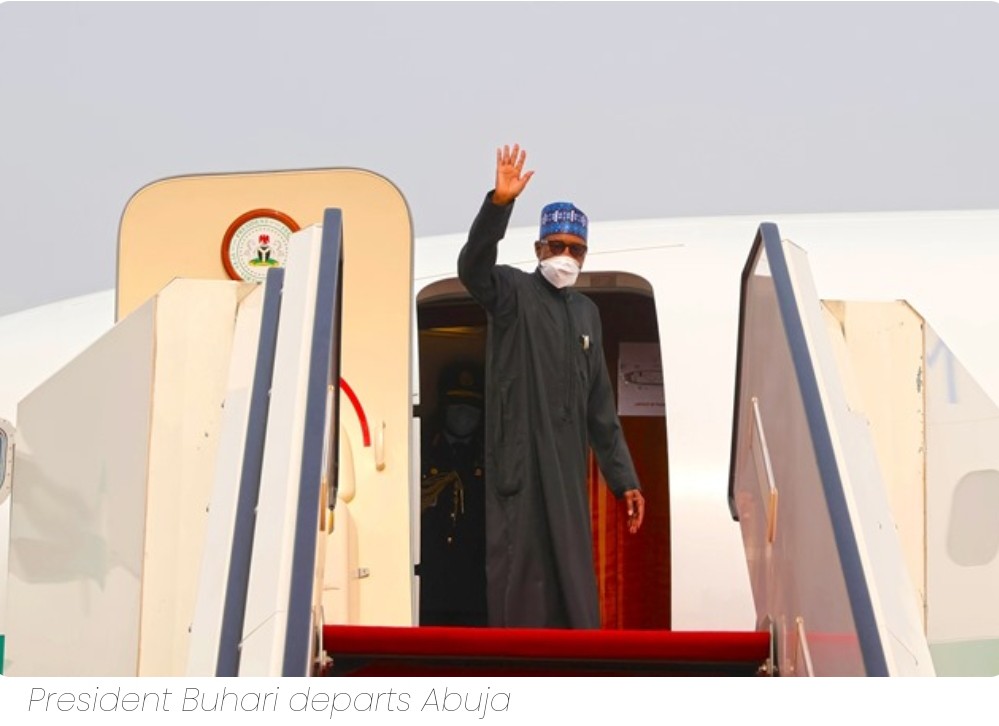 Culture & Tourism
Culture & Tourism Opinion
Opinion